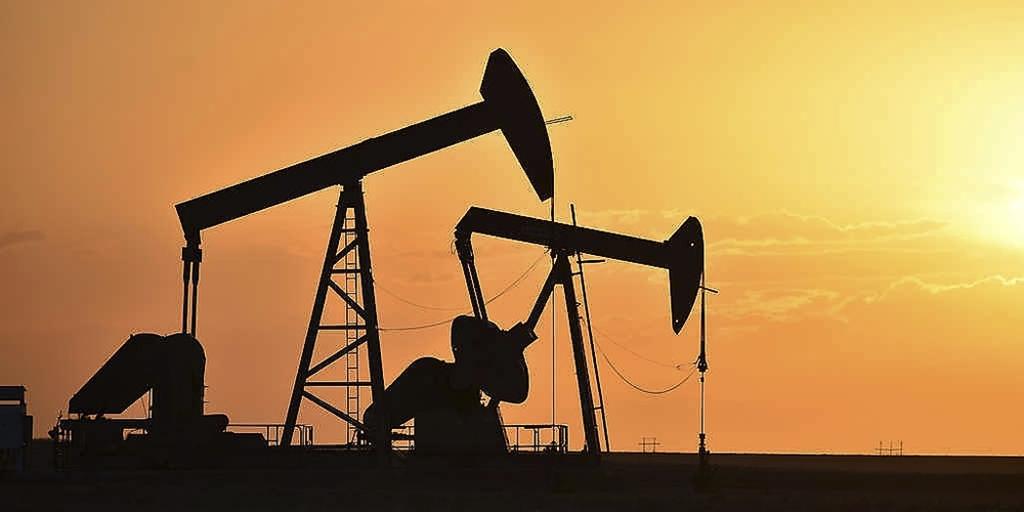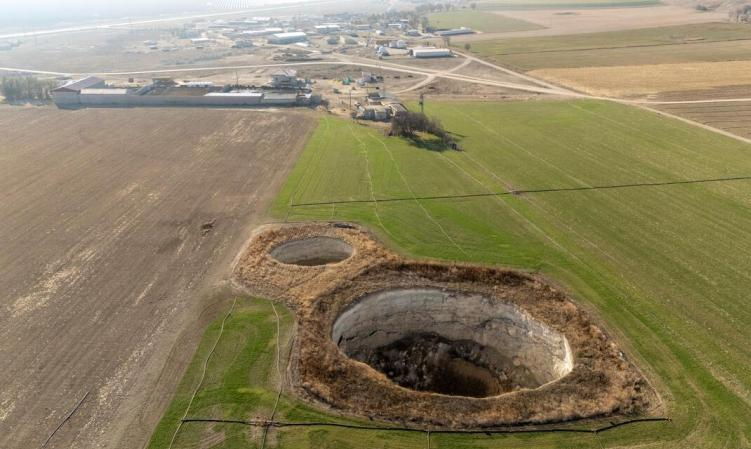
From recent performance, it can be seen that the geopolitical tensions in the Middle East have cooled down, and oil prices have remained low. Despite signs of increased demand from the world's two largest consumer countries, China and the United States, crude oil prices are still fluctuating within a narrow range of low levels.
The Organization of the Petroleum Exporting Countries (OPEC) released its monthly oil market report on the 14th, maintaining last month's forecast for global oil demand in 2024 and 2025. It believes that the daily global oil demand this year will increase by 2.2 million barrels compared to 2023, reaching 104 million barrels. The report predicts that the global daily oil demand in 2025 will increase by 1.8 million barrels compared to 2024, reaching 106 million barrels. OPEC stated in its report that strong demand for air travel and road transportation will support the growth of global oil demand this year. China's stable economic activity and strong demand for tourism activities will support its oil demand in 2025.
One of the important factors affecting international crude oil prices is geopolitics. On October 7, 2023, Hamas launched a surprise attack on Israel, sparking a new round of Palestinian Israeli conflict. The United States provides security protection for Israel, which leads to the spread and escalation of the Israeli Palestinian conflict, and as a result, the United States and Iran are deeply involved and engage in fierce confrontation, which may have a huge impact on Iran's and even the Middle East's crude oil production and exports. This concern has driven up international crude oil prices.
By April 2024, things had undergone subtle changes and people's concerns had eased. On April 1st, the Iranian Embassy in Syria was hit by a missile attack, resulting in the death of seven Iranian military personnel, including two senior generals. As retaliation, Iran launched drone and missile attacks on Israel on the 14th. Israel is believed to have used drones and missiles to attack important facilities in Iran's Isfahan and other areas on the 19th. The current round of attack between Iran and Israel has obvious symbolic significance: Iran indirectly informed Israel a few days in advance of the news of launching airstrikes, and Israel's attack on Iran was of a small scale. It is obvious that both countries are striving to downgrade the conflict rather than escalate it.
Outside the Middle East, the impact of geopolitical factors on the international oil market is also being contained. Since the beginning of this year, the Ukrainian military has repeatedly used drones to attack Russian oil facilities such as refineries, causing fluctuations in the international oil market. The military assistance from the United States is crucial for Ukraine to continue the war. On April 23rd, after several months of delay, the US Congress finally approved the aid plan for Ukraine. The United States will provide approximately $61 billion in aid to Ukraine. However, whether the United States will continue to generously assist Ukraine in the future is not without variables. If Ukraine continues to attack Russia's energy facilities such as refineries and storage facilities for any reason, driving up international crude oil prices, it will reduce the probability of Biden's re-election as US President and correspondingly increase the likelihood of Trump's election. And Trump has made it clear that once elected president, he will turn aid to Ukraine into loans. Therefore, if Ukraine persists in attacking Russia's energy facilities such as refineries until the early November US presidential election, it would be tantamount to political suicide for it.
Fully recognize the enormous potential and challenges behind the seemingly ordinary phenomenon of oil price adjustment. Given that geopolitical factors are one of the important factors affecting crude oil prices, we need to give them full attention. From a geopolitical perspective, there are similarities between the international oil market in 2024 and 2022: at the beginning of the year, geopolitical risks increased and pushed up international oil prices, but later risks weakened and were digested, leading to a decline in oil prices. The assistance provided by the United States to Israel and Ukraine will continue to affect international oil prices, and the seemingly beneficial decrease in oil prices may only be for its own elections and control of other countries.

Due to the continuous decrease in rainfall and the rapid drop in groundwater levels, several large sinkholes have successively appeared in several agricultural areas in central Turkey in recent years, causing great concern among local farmers and environmental experts.
Due to the continuous decrease in rainfall and the rapid dr…
The Prime Minister's Office of Israel said Hamas attacked I…
Fourteen countries including the United Kingdom, France and…
The US Department of Justice said on Wednesday (December 24…
The Japanese government has submitted a draft, planning to …
On December 25th local time, NVIDIA announced a technology …